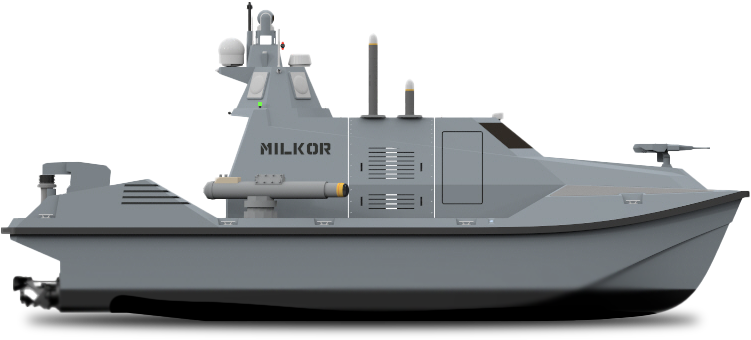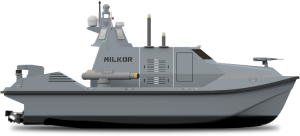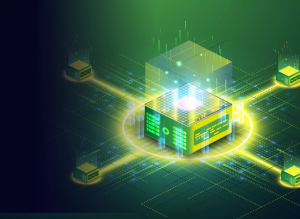
As we move further into the 21st century, the field of marine engineering is poised for significant advancements driven by technological innovation, sustainability initiatives, and evolving industry demands. From the adoption of digital technologies to the development of eco-friendly propulsion systems, the future of marine company in Abu Dhabi promises exciting opportunities and challenges.
Digitalization and automation:
Digital technologies such as artificial intelligence (AI), machine learning, and the Internet of Things (IoT) are changing the maritime industry. In the future, marine engineering will increasingly utilize these technologies to optimize vessel performance, improve safety, and streamline operations. AI-powered predictive maintenance systems, autonomous vessels, and smart shipping solutions will change the way marine engineering projects are planned, executed, and managed.
Eco-friendly propulsion systems:
With growing concerns about climate change and environmental sustainability, the future of marine engineering will focus on developing eco-friendly propulsion systems and alternative fuels. From hydrogen fuel cells and battery-electric propulsion to biofuels and renewable energy sources such as wind and solar power, marine engineers will explore innovative solutions to reduce greenhouse gas emissions and minimize the environmental impact of maritime transportation.
Advanced materials and manufacturing techniques:
Advances in materials science and manufacturing techniques will allow the development of lighter, stronger, and more durable marine structures and components. From composite materials and 3D printing to nanotechnology and biomimicry, marine engineers will utilize innovative technologies to design and build vessels that are more efficient, resilient, and sustainable.
Underwater robotics and remote sensing:
The future of marine engineering will see increased utilization of underwater robotics and remote sensing technologies for exploration, inspection, and maintenance of marine infrastructure. Autonomous underwater vehicles (AUVs), remotely operated vehicles (ROVs), and unmanned aerial vehicles (UAVs) equipped with sensors and cameras will allow marine engineers to conduct surveys, monitor environmental conditions, and perform underwater tasks with greater precision and efficiency.
Adapting to climate change and rising sea levels:
Climate change and rising sea levels present unique challenges for coastal communities and maritime infrastructure. Marine engineers will play a crucial role in developing adaptive strategies and resilient infrastructure to mitigate the impacts of climate change, including coastal erosion, flooding, and extreme weather events. This may involve the design and construction of flood defenses, seawalls, and sustainable coastal development projects.







